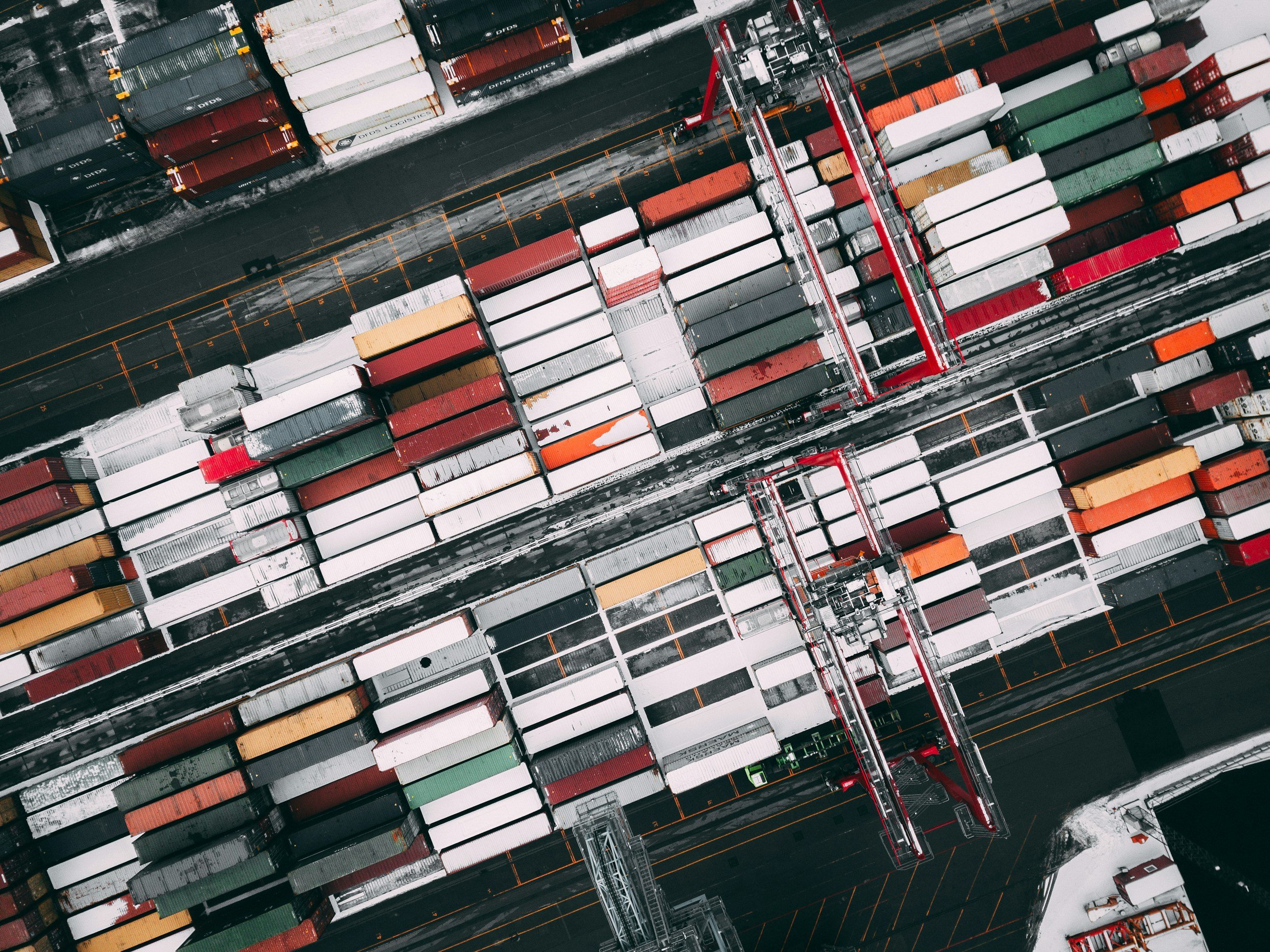Week-end 09/12 - Global Trade & Tariff Updates
As we move deeper into September, global trade continues to be shaped by sweeping tariff reforms, legal challenges, and rising geopolitical tensions. This week’s updates reveal just how dynamic and unpredictable the international trade landscape has become - from courtroom battles in Washington to tariff hikes in Mexico and growing calls for collective action among the G7 nations.
U.S. Pushes for Coordinated Tariffs on China and India
The United States is once again taking a hard line on trade enforcement, urging G7 nations to impose secondary tariffs of up to 100% on imports from China and India. The move is aimed at penalizing these countries for continuing to buy Russian oil, which Washington sees as a key source of funding for Moscow’s war effort.
While the measure has strong support from the U.S., some European nations are cautious — worried that such tariffs could trigger retaliation, disrupt supply chains, and worsen already fragile economic conditions. Nonetheless, the proposal signals a trend toward using tariffs as a tool of geopolitical leverage, not just economic policy.
Mexico Announces Sweeping Tariff Reform
In a dramatic move, Mexico unveiled a plan to raise tariffs to 50% on cars from China and several other Asian countries. This reform spans over 1,400 imported products and is designed to protect domestic industries while addressing persistent trade imbalances.
Mexico emphasized that the new tariff structure complies with World Trade Organization (WTO) rules and will exclude countries that have existing trade agreements with Mexico, such as the U.S. and Canada under the USMCA framework. This decision could strengthen Mexico’s position as a manufacturing hub for North American supply chains, potentially drawing more investment away from Asia.
CBP Expands Enforcement Efforts
Meanwhile, U.S. Customs and Border Protection (CBP) is expanding its role as the country’s trade enforcer. The agency is adding roughly 5,000 new officers and ramping up its investigations into trade fraud, forced labor violations, and tariff circumvention schemes.
CBP is also using the False Claims Act more aggressively, warning businesses that compliance programs must be stronger than ever. Companies caught misclassifying imports or evading duties face not only fines but also public exposure that could harm their reputation.
Taiwan Negotiates Tariff Relief with U.S
Finally, Taiwan is seeking to reduce its 20% tariff rates on critical exports, such as semiconductors, in its latest trade talks with the U.S. A concluding meeting between Taiwanese and American negotiators is expected soon, though national security reviews under Section 232 could complicate the outcome.

